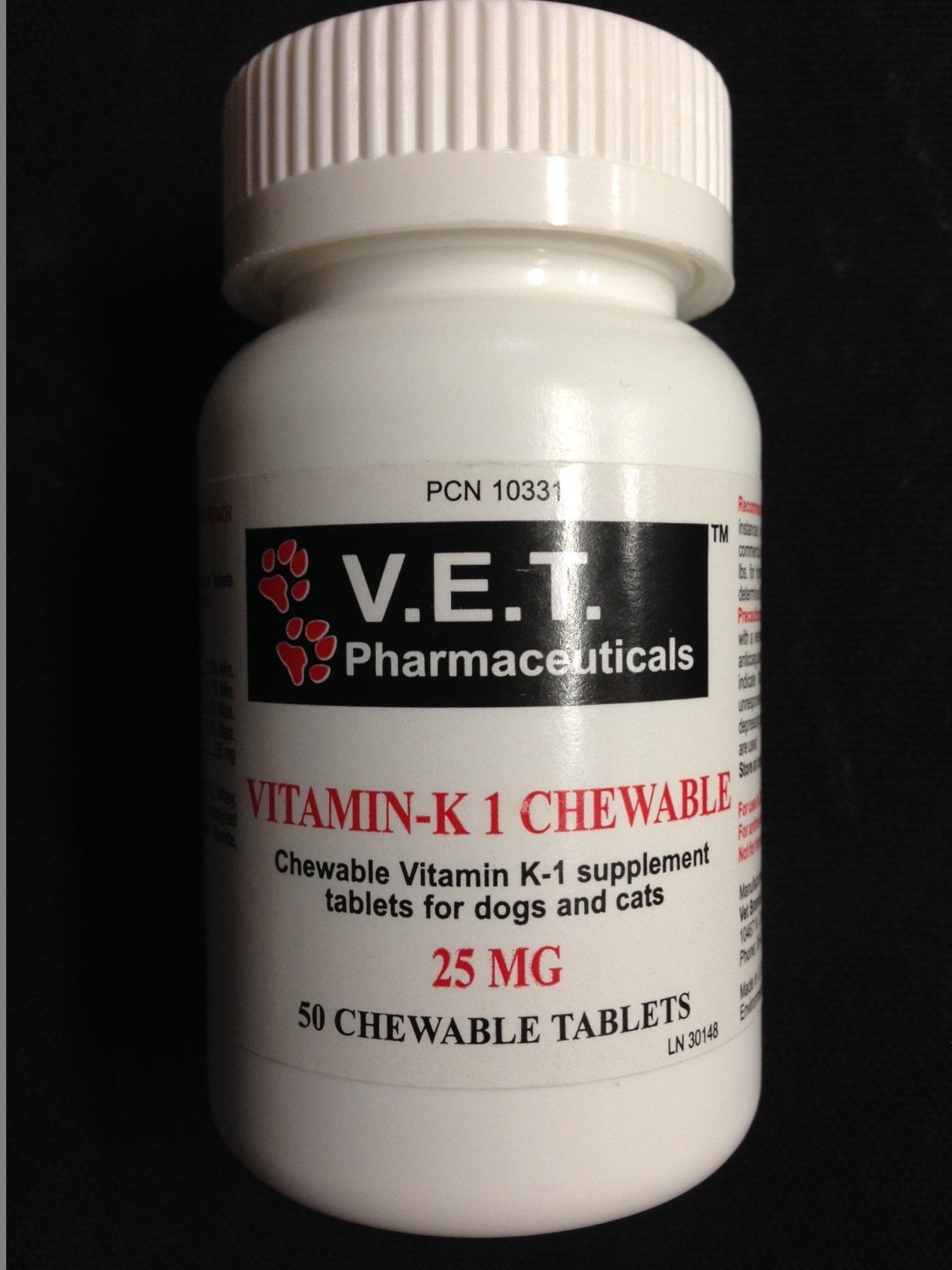

By preventing vitamin K1 recycling, anticoagulant rodenticides decreases vitamin K1 to levels that are too low to produce the needed clotting factors. Vitamin K1 is needed for the body to make certain clotting factors which enable blood to clot and help control bleeding. How does poisoning occur?Īnticoagulant rodenticides causes excessive bleeding by interfering with vitamin K1 recycling in the body. This can occur but is rare because a dog would need to eat many rodents that died from the poison. Poisoning after eating rodents killed by the rodenticide is called secondary or relay poisoning. This usually occurs when the poison is placed in and around buildings without protective bait stations, allowing access to the poison by dogs and other non-target animals. What is anticoagulant rodenticide poisoning?Īnticoagulant rodenticide poisoning occurs when a dog ingests rodenticide. The active ingredient and bait formulation depends on the product's intended place of use and federal regulations. There are several different active ingredients that may be used in anticoagulant rodenticides including chlorophacinone, brodifacoum, bromadiolone, difenacoum, difethialone, diphacinone and warfarin.

They are commonly found in hard bait blocks, soft baits (firm Play-Dough consistency), and pellets, but may also be in, powder, grain/meal, and liquid formulations. Anticoagulant rodenticides are poisons used to kill mice, rats, and other rodents by preventing blood clotting.


 0 kommentar(er)
0 kommentar(er)
